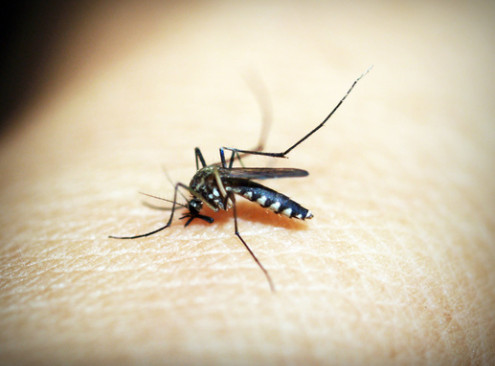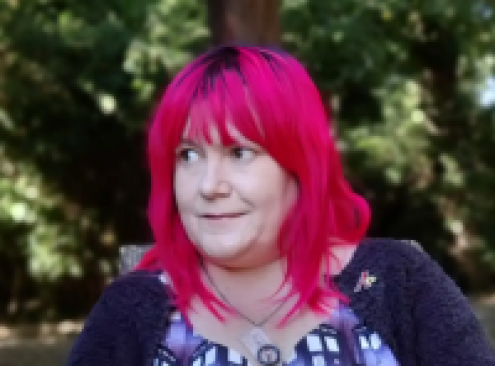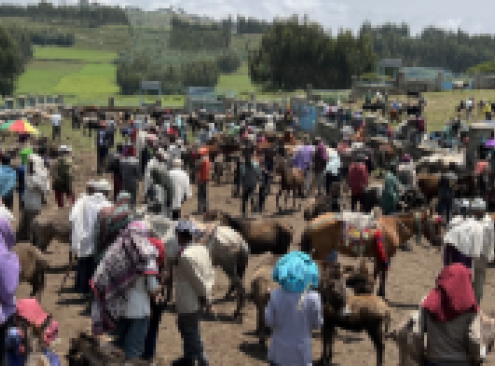© Pint of Science, 2024. All rights reserved.
If you've been dying to learn how to turn your daily walk to work into an artistic masterpiece, we've got you covered! And if you're not an artsy type, don't worry, we will give you plenty of other food-for-thought for those Monday morning commutes, like 'how does one bite back a mosquito?' and 'how can a cow and a spreadsheet stop the next pandemic?!'
Biting Back: Designing Drugs to Tackle Malaria
Robyn Wells
(PhD student, University of Liverpool Medicinal Chemistry Research Group)
Over the last century there have been countless new treatments developed to combat malaria with 2021 seeing the advent of a vaccine. The identification of drug resistant malaria has provided a new concern. With over 250 million malaria infections across the globe, it is essential that medicinal chemists design new drugs that bite back!

How Walking can Change the World
Dr Morag Rose
(Senior Lecturer in Human Geography, University of Liverpool)
Walking is not just pedestrian. The everyday stroll can become a social, political, playful or creative act, help connect communities, improve environments and support well-being. WalkCreate explores how the pandemic impacted walking in the UK. It also demonstrates the potential of the arts to sustain, encourage and support more equitable walking. We want to dismantle barriers to walking well so WalkCreate is inclusive of all bodies, speeds, paces and assistive technologies e.g. wheelchairs. We will share creative walking tools anyone can take-away to try anywhere.

G(r)appling with the Unknown! What are the Global Costs of Animal Disease?
University of Liverpool Global Burden of Animal Diseases Research Group
(Team of Presenters)
Globally, 1.3 billion people depend on animals to grow crops and maintain families, particularly in less wealthy countries. These animals are affected by disease, impacting their welfare and creating human health risks. The families that depend on them suffer, as their fragile livelihoods are easily damaged. Understanding disease costs and their implications is key to implementing actions which limit disease and strengthen societies. Such an understanding requires data, but also people who know how to relate patterns in data to the real world, and when data are missing but decisions needed, what do we do?

Map data © OpenStreetMap contributors.
Other Tempest on Tithebarn events
2024-05-15
Puzzling Particles and Cutting-Edge Courts
Tempest on Tithebarn
Tempest Building, 12 Tithebarn Street, Liverpool, L2 2DT, United Kingdom
2024-05-14
Sun, Sea and ……Muons?
Tempest on Tithebarn
Tempest Building, 12 Tithebarn Street, Liverpool, L2 2DT, United Kingdom




